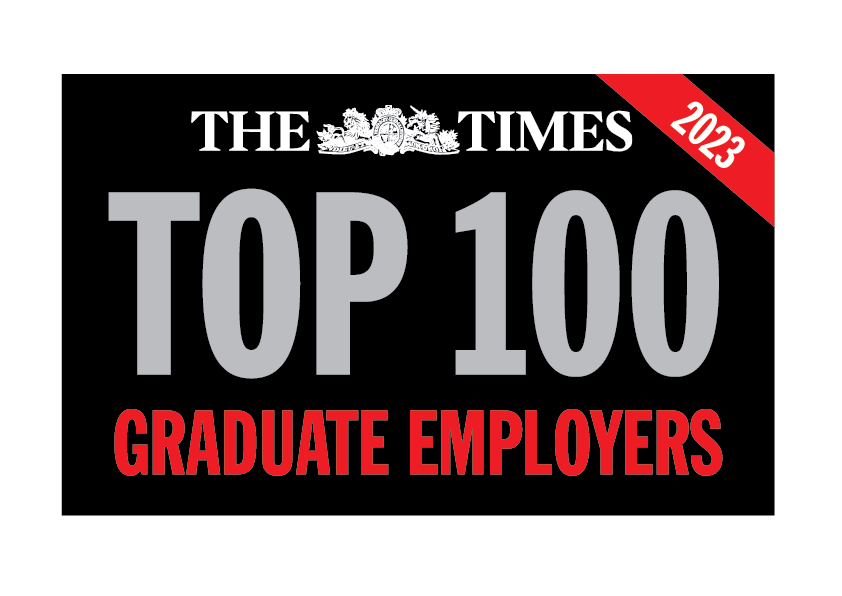Mobile Surveillance Officers Ref. 98




The role
A diverse team is vital to our work at MI5, protecting the community against threats to national security from terrorism to espionage. Nowhere is diversity more important than in our Mobile Surveillance team.
Surveillance is one of the Security Service’s key investigative resources. Mobile Surveillance Officers follow subjects who’ve been identified by Intelligence Officers as potential threats to national security. It’s all about observing people and places, either on foot or by vehicle, and to do that it is vital that you blend in to your environment.
The skills
Ability to blend in: The UK has a highly diverse population so it’s vital that we too have a diverse team who can operate in a wide range of environments without attracting attention. That’s why we’re particularly keen to recruit women and people from ethnic minority backgrounds, to ensure we have balanced Surveillance teams that reflect the society we protect. All applications, however, will be considered on merit.
Being able to blend into the background and remain covert is of paramount importance in our investigations. Any distinguishing features such as tattoos on your face, neck or forearms would make you more recognisable to someone who is under surveillance and would therefore make you unsuitable for this role. Likewise, if you are male you will need to be 6’1” (1.86m) or under. Females must be 5’8” (1.72m) or under.
Observation: You’ll need to be highly observant – and be able to accurately remember the details of everything you’ve seen and heard. You’ll also need to have good vision in both eyes, either naturally, or corrected with glasses or contact lenses, including full colour and peripheral vision. Good hearing is also essential. Your eyesight and hearing will be tested during the recruitment process.
Driving: A competent and careful driver, you’ll have held a full UK manual driving licence for the last three years and you’ll have no more than six points on your licence. You’ll need to drive regularly and be confident on all sorts of roads (urban, rural and motorway) at all times of the day and night. The 70 day training course you’ll undertake when you join us will really hone your skills in these and other areas.
Map reading: You should be able to easily navigate yourself between two different points using an ‘A-Z’ or Philip’s Navigator Britain style road map. Map reading potential will be tested during the recruitment process and developed on the intensive training course that all successful candidates undertake on joining the Service.
Patience: You’ll need to be able to remain completely alert for long spells of inactivity and then be able to step up several gears when it all starts happening.
Fitness: You can be on the move all day, often following people who are under surveillance on foot, so you’ll need a reasonable level of fitness to allow you to do this. You should be comfortable both walking and sitting for substantial periods of time and you’ll need good manual dexterity in both hands to operate surveillance equipment.
Thinking on your feet: Things can happen fast in this role. You’ll need to be able to make sound judgements on the spur of the moment.
Multi-tasking: You need to be able to do several things at once – watch, plan ahead, drive, communicate to your team – and make decisions whilst you’re doing so.
People skills: Being able to get on with all types of people is really important, as are the personal qualities and life experience that you will bring. You’ll need to be able to fit in anywhere and talk to anyone.
Team work: You’ll need to be able to work collaboratively with a variety of people, including other Mobile Surveillance Officers and staff across the Security Service and our partner organisations.
IT skills: You will be required to use a range of communication equipment and you will also need to be confident in using IT systems.
Location
Much of the work is in Greater London. The role is based at our headquarters, Thames House. You’ll need to live or be prepared to relocate to within a commutable distance of the capital and within a 70-mile radius of the office.
The nature of the work, however, also involves extensive travel around the UK and you may need to spend time away from home, sometimes at short notice. On occasions you may spend as many as seven nights away.
You should consider the financial implications and practicalities of relocating to Greater London prior to submitting an application. Please note, we do not cover relocation costs.
Shift patterns
You’ll need to be flexible. Working hours are organised on a five-week shift pattern, which includes working two weekends in five. Some people find that working shifts and having their days off during the week can be a real benefit. You should bear in mind, however, that shift work can be disruptive to your personal life.
Training
We take training very seriously. It ensures our people remain safe at all times and allows us to equip our staff to collect the intelligence we need.
When you first join, you’ll undertake a mentally and physically challenging, non-residential training course lasting 70 days. This will give you all the skills you need to perform your new role – and you will need to pass the course to take on the job. The surveillance course consists of briefings, intensive training and assessments and continual feedback. You’ll also learn to drive to the police advanced standard.
Once you’ve successfully completed the course, your salary will rise to £31,138 including shift and weekend working allowance. You will receive additional training for the next 2-3 years and then may choose to specialise in a particular area of surveillance.
Career development
Surveillance is a specialist role and we are looking to recruit career Mobile Surveillance Officers. There are limited promotion opportunities. Promotion is on merit and where opportunities allow.
Some people become Team Leaders and direct others during surveillance operations, but this typically takes five to eight years to accomplish. Others become planning officers or specialise in particular areas of surveillance including photography and the technical aspects of the role.
Occasionally Mobile Surveillance Officers are seconded or transferred to other parts of the organisation.
Read Sunita’s ‘day in the life’ story to find out more about the work of our Mobile Surveillance Officers.
Recruitment process
The recruitment process will involve a series of interviews and assessments. First, you should visit the Mobile Surveillance section of our careers website. If you are able to successfully complete the observation and memory recall challenge and the map reading exercise, you may be suitable for the Mobile Surveillance Officer role.
If you do decide to apply, you will be required to complete our pre-screening questions to find out if you meet our initial criteria. If you do meet these criteria we will then ask you to begin an application. You will need to create a login and provide your full name, email address and a memorable password. Once you have successfully created a personal account, you will be required to complete an application form.
The selection process is competitive at all stages and involves a series of interviews and assessments. Our recruitment team will complete an initial application sift. Successful applicants will be invited to participate in a telephone interview to check they have the potential skills and motivation to work with the Security Service.
You may then be invited to attend a practical assessment day in London. Your driving, map interpretation and observation skills will be assessed. To prepare, you should familiarise yourself with the Master Atlas of Greater London (A-Z) and Philip’s Navigator Britain road maps. You should also practice planning and driving routes in your local area.
When planning routes, you should think about the following
• Precise locations of the start and finish points using map reference points
• Taking the most direct route between the two points
• Using compass points for directions of travel
• Identifying features on the map along the route such as different types of roads, railway lines, large buildings or landmarks, tourist information symbols and different types of terrain
At the assessment you will be allowed to make notes but you will need to explain your routes to the assessor using the map books. You will not be expected to know any one way systems.
Should you be successful at the assessment centre, you will be invited to a face-to-face competency and scenario based interview and then a second assessment day. This will be followed by a security interview with a vetting officer. You will also need to complete a medical examination and achieve the required level of physical fitness.
You should read about the Vetting process and satisfy yourself that you meet the criteria outlined in the Vetting pages of the How to Apply section prior to submitting an application.
Your application
You should ensure that your application fully covers the last ten years’ employment and/or education history, clearly specifying job and/or course ‘from’ and ‘to’ dates in month and year details.
You should also ensure you fully explain any unaccounted for periods of time or holidays over a fortnight in duration over the last 10 years by specifying the dates and a brief description of what you were doing during this time.
It is essential that you provide this information in full in order for us to process your application.
We anticipate a high response to the Mobile Surveillance Officer vacancy, so you are advised to submit your application at the earliest opportunity. In the event of a large uptake for this campaign, applications may be processed on a first come, first served basis.
We anticipate people will join us in this role on Mobile Surveillance training courses from Autumn 2015.
Eligibility criteria
To be eligible to apply, you must meet our residency criteria. You must be a born or naturalised British citizen and one of your parents must be a British citizen or have substantial ties to the UK.
Candidates must normally have been resident in the UK for nine out of the last 10 years. This is particularly important if you were born outside the UK. We will still consider you if you have, for example, served overseas with HM Forces or in some other official capacity as a representative of Her Majesty’s Government, studied abroad, or lived overseas with your parents.
Owing to the sensitivity of our work, we do not publicly disclose the identities of our staff. Discretion is vital. You should not discuss your application with anyone other than your partner or a close family member.
Due to operational requirements, we particularly welcome applications from women and ethnic minorities. All applications will be considered on merit. The Security Service is committed to reflecting both equal opportunities and the society we protect.
This Program / Vacancy is closed to applications.








